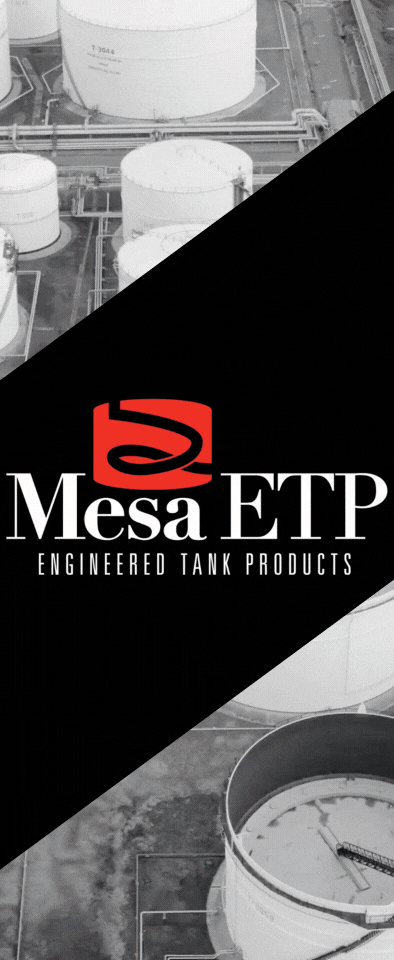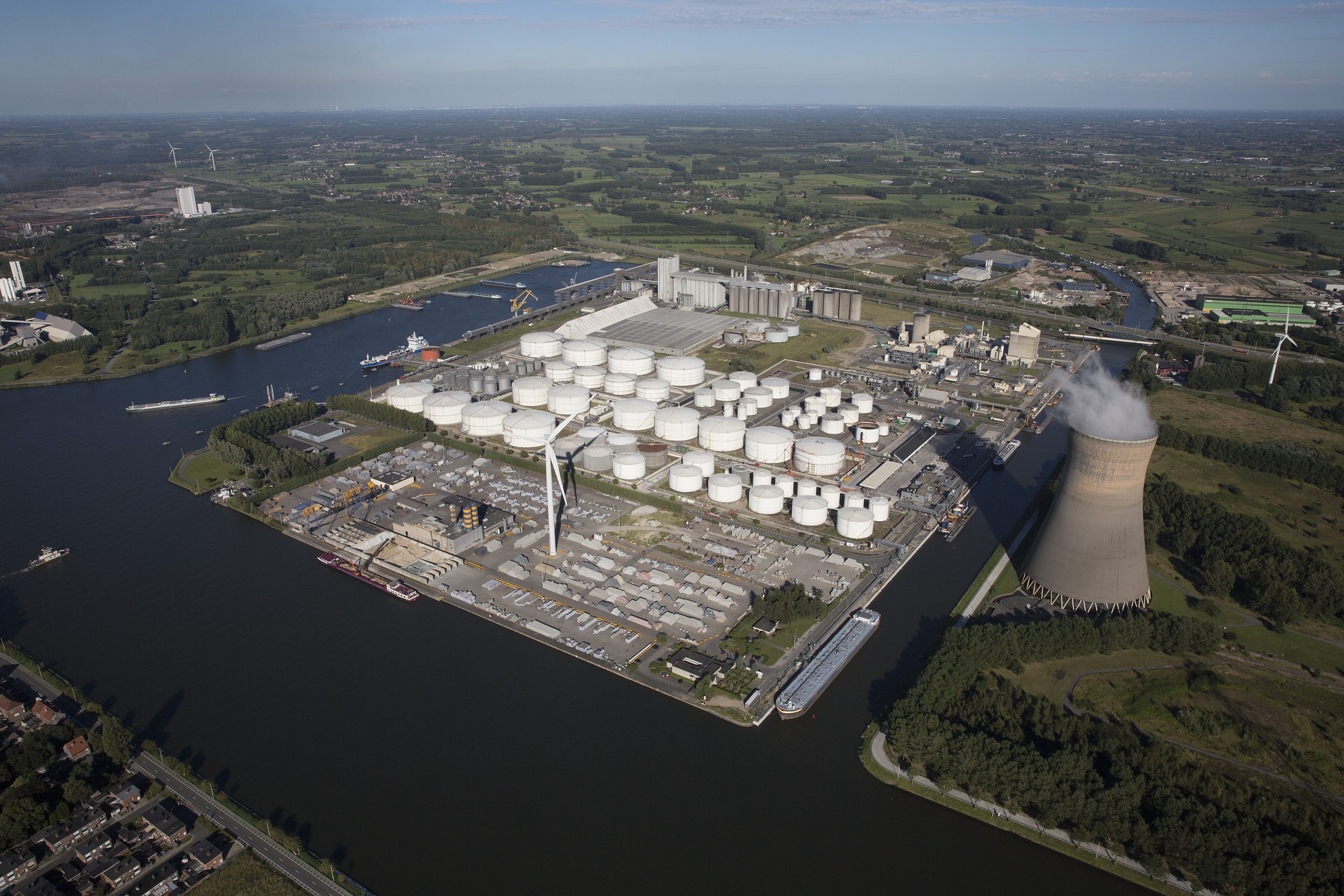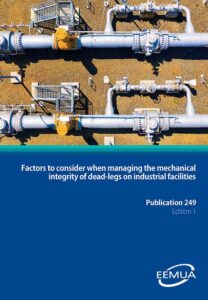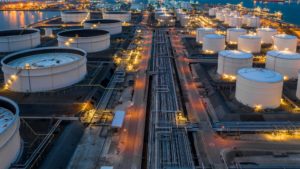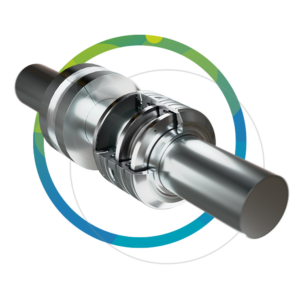North Sea Port is the Dutch-Belgian cross-border port, stretching 60 km from Vlissingen and Terneuzen in the Netherlands, to Ghent in Belgium. The port, Europe’s number 3 in added value and number 6 in goods traffic in the Hamburg-Le Havre range, is a well-established player on the European port scene. The port’s direct access to the North Sea, multimodal connections to the European hinterland, 750 hectares of space available for development, and lack of congestion on both water and land make it the ideal hub for shipping goods from across the globe to all corners of Europe by road, rail, barge, and pipeline.
HOME TO THE WORLD’S LEADING COMPANIES
North Sea Port is home to some of the world’s leading companies specialised in the storage and transshipment of petroleum products, biodiesel and bioethanol, liquid fertilisers, fruit juices, and gases. Its current storage capacity of 4.4 million m³ enables the port to retain reserves of liquid bulk for both short and long-term storage. North Sea Port will expand its storage capacity to 5 million m³ in the near future.
With some 16.7 million tonnes, liquid bulk accounts for 24% of all goods transshipped from seagoing vessels in 2021 at North Sea Port (an increase of 3% compared to the year before). This increase is mainly attributed to growth in the transshipment of vegetable oils and chemical products.

SUSTAINABLE PORT – TURNING VISION INTO PRACTICE
Reducing carbon footprints and safeguarding the environment for future generations is a reality everyone must face, and everyone needs to contribute to reach the climate targets set by national and European governments.
As a large, cross-border industrial cluster, North Sea Port stands at the cutting edge of innovative projects to help make the industry more sustainable and future-proof. Annually, the port invests in the production of nearly 1 million tonnes of biofuel (bioethanol and biodiesel), enabling intense industrial energy users to switch to more sustainable alternatives.
In 2021, for example, SEA-Tank Terminal, part of the SEA-invest group that operates tank terminals at North Sea Port and other locations in Belgium and France, has built 60,000 m³ of stainless steel storage capacity, divided over 24 tanks, for feedstocks for the waste-based biodiesel production. This additional storage capacity has strengthened SEA-Tank Terminal’s position as a biodiesel hub for many customers at North Sea Port.
In June 2022, Cargill (Europe’s leading supplier of renewable fuels and innovative energy solutions) will open a ground-breaking, US$150 million (€135 million) biodiesel waste-based plant in the Ghent area of North Sea Port, a hotspot for innovative solutions to make the economy more environmentally friendly. This multi-waste and residue-based biodiesel plant will be the most advanced plant in Belgium, capable of attracting local wastes and residues.
Another great illustration is Transport Mervielde, a family-owned company specialising in transport and storage of liquids for the petrochemical and chemical industry in tankers and tank containers, distribution, and tank cleaning, also located in the Ghent area of North Sea Port. Mervielde has recently built four 230 m³ and one 460 m³ storage tanks for substances covered by the Agreement concerning the International Carriage of Dangerous Goods by Road (Accord relatif au transport international des marchandises Dangereuses par Route – ADR) and non-ADR materials, that have been fully operational since the end of 2021. During the second quarter of 2022, they will start with the construction of additional storage tanks on a second location at North Sea Port. These new storage tanks will become fully operational by mid-2023.

THE LARGEST HYDROGEN HUB IN WESTERN EUROPE
North Sea Port is the largest hydrogen hub in the Benelux, with an annual production and consumption of 580,000 tonnes of hydrogen mainly generated from natural gas (so-called grey hydrogen). By 2030, demand for hydrogen at the port could increase up to 1.2 million tonnes. In addition, the port expects to be an important location for the import of hydrogen and hydrogen carriers for the industries in northwestern Europe, thanks to the development of a hydrogen backbone by both Gasunie and Fluxys. The ongoing transition towards the sustainability of the port area will enhance the importance of hydrogen in the energy mix of the future. To ensure North Sea Port can meet future demand for hydrogen and can attract new and innovative players in the field of renewable energy, the port is rolling out the largest hydrogen network in Western Europe.
This unique cross-border network with more than 45 km of pipeline will provide North Sea Port’s entire industrial cluster with energy. The goal is to gradually reduce the use of natural gas and grey hydrogen (from natural gas) and fully switch to green hydrogen (generated from green electricity and water) by 2050, which implies a CO2 reduction of 15 million tonnes by 2030 and 35 million tonnes by 2050. North Sea Port’s hydrogen hub will be connected to the Dutch, Belgian, and German national backbones by 2030. This will open up North Sea Port for large-scale storage and transfer to the European hinterland, and will enable other industrial clusters and regions to also significantly reduce CO2 emissions.

North Sea Port is in an extremely favourable position to boost the energy transition of its industrial clusters, as currently 1850 MW of green energy is already being generated from offshore windfarms and solar power stations. Moreover, the port’s direct maritime access, storage capacity, and infrastructure make it the perfect hub for importing green hydrogen from other parts of the world by ship.
With the support of leading industrial companies working on hydrogen-related projects (such as Air Liquide, Ørsted, Zeeland Refinery, Volt H2, Dow, Yara, Terranova, Engie-Equinor, and ArcelorMittal), Dutch and Belgian infrastructure operators Gasunie and Fluxys, various government bodies, and other key stakeholders, North Sea Port’s hydrogen infrastructure is expected to be ready in 2026.
For more information:

